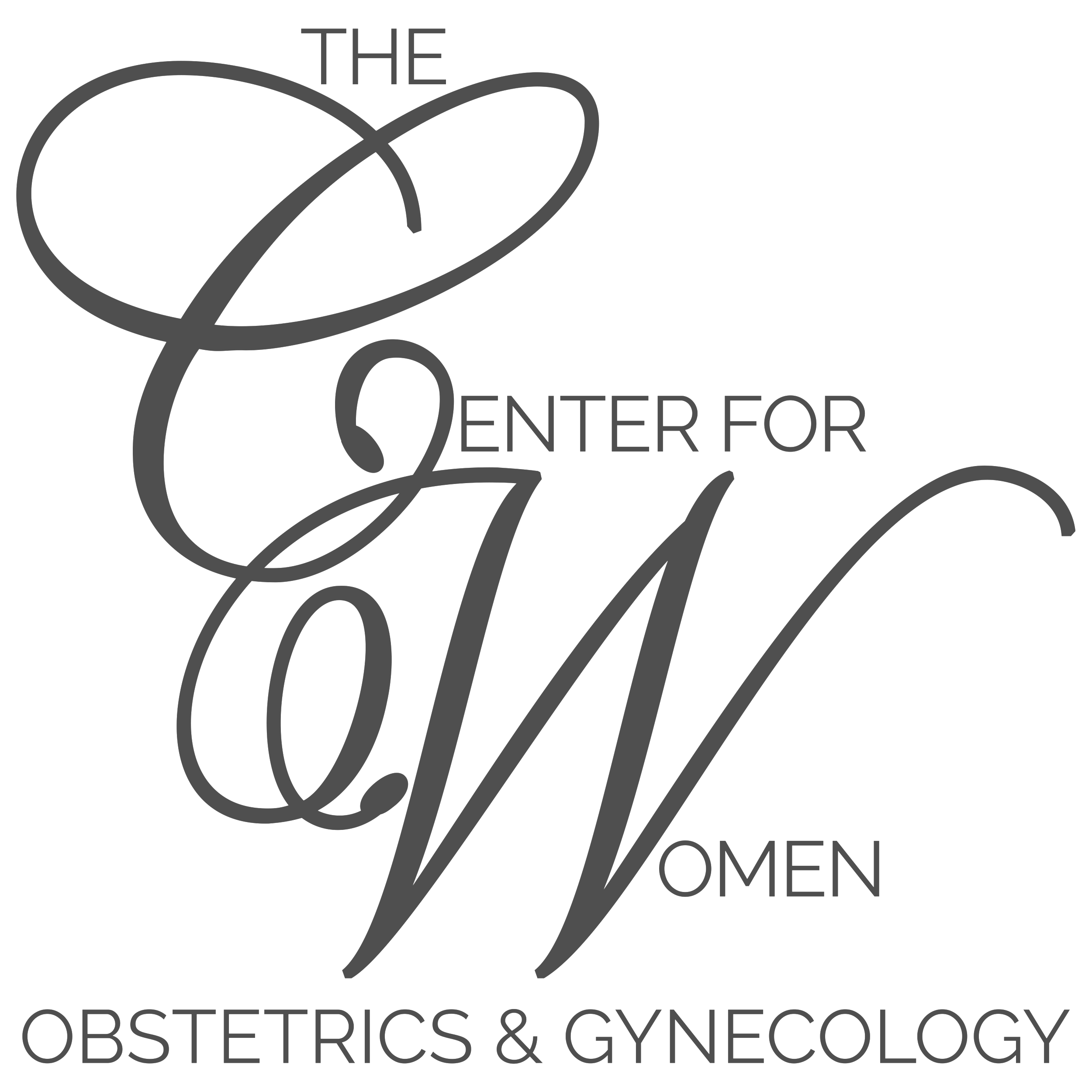How to Tell If You Have Endometriosis or PCOS
Do you have irregular or painful menstrual cycles or feel that your hormones are out of sync? Perhaps you’ve resigned yourself to your condition or haven’t had help with a diagnosis. You may have endometriosis or PCOS (polycystic ovary syndrome), both of which affect a woman’s periods. Here’s what you should know about them.
The Differences Between Endometriosis & PCOS
Both disorders can cause irregular or difficult periods and prevent a woman from conceiving. It’s possible to have both conditions at once. Women with both endometriosis and PCOS may have irregular, heavy periods, excess hair growth, chronic pelvic pain, and an inability to get pregnant.
Symptoms of Endometriosis
Endometriosis is a condition where the endometrial tissue that lines the uterus grows outside it in the abdomen. This tissue thickens, breaks down, and sheds with bleeding during the menstrual cycle. Painful periods, heavy bleeding, painful intercourse, and a difficulty conceiving are all common symptoms of endometriosis. Some women may also experience painful urination or bowel movements. Diagnosis is usually confirmed with laparoscopy and a biopsy of the tissue.
Symptoms of PCOS
PCOS impacts hormones, metabolism, and reproductive function. In many women, PCOS causes weight gain and the growth of excess facial or body hair because of excess androgens. Androgens are male sex hormones that women also have, but at low levels. Adult acne and irregular menses are also symptoms of PCOS. The disorder may cause heavy periods or not. A PCOS diagnose is confirmed by the presence of symptoms.
Treatment Options
Birth control pills are a common option for treating both conditions because they help to regulate hormones and lessen the pain and severity of bleeding. However, taking birth control pills is a short-term solution, especially for women who want to get pregnant. Both conditions can be caused by systemic inflammation, estrogen dominance (excess estrogen and insufficient progesterone), high blood sugar, and exposure to endocrine disruptors present in chemical toxins. Managing these causes with diet and exercise is often a first step toward reducing symptoms. Surgery to remove lesions and adhesions is an approved treatment for endometriosis sufferers.
If you have challenging periods and pelvic pain, you may have either endometriosis or PCOS or both. To help with diagnosis and care, contact The Center for Women in Mountain Home, AR. This comprehensive women’s health care center offers solutions for endometriosis and hormonal issues as well as general obstetric and gynecological care. The mission of their compassionate and professional staff is to treat all women with Christlike care. Call (870) 425-7300 to make an appointment, or visit their website for a list of their comprehensive women’s health care services.

